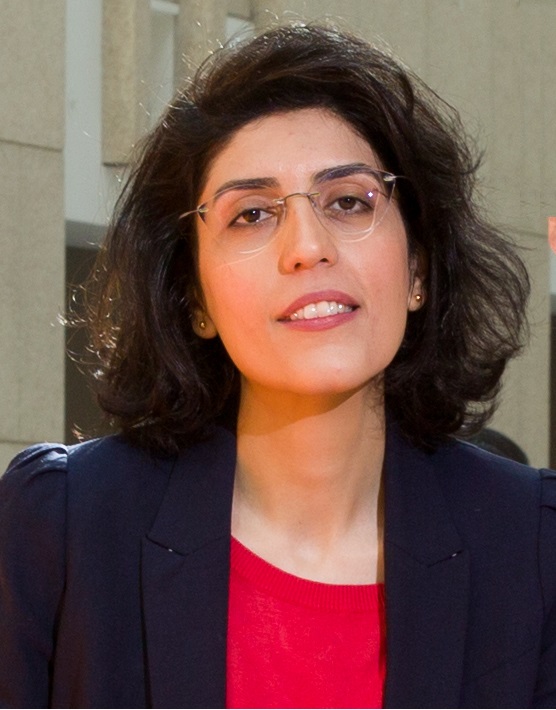York University researcher Maleknaz Nayebi is part of a team leveraging artificial intelligence (AI) to revolutionize clinical trials for chronic conditions by expanding research and delivery of life-saving therapies worldwide.
Nayebi, an associate professor of electrical engineering and computer science in the Lassonde School of Engineering, is working with a consortium of industry leaders, led by global digital health company RxPx, to introduce an "AI clinical buddy system" that will leverage the technology to increase patient recruitment, adherence and engagement in clinical trials.

Maleknaz Nayebi
Pharmaceutical companies spend billions of dollars on research and development of promising drugs and therapies and rely on clinical trials to test them on patients. About 85 per cent of all trials fail to recruit enough patients. Many more fall through when the volunteers don't properly follow instructions due to lack of education or drop out part way.
Nayebi says the AI platform she is developing can help increase the pool of volunteers needed for clinical trials and the diversity of participants so that effectiveness can be better determined across gender and race.
"The majority of medicine that we use daily is only tested on men," she says. "Can we consider it a success if you don't know the impact of using a particular therapy or medicine on me? I say no. The same thing with Indigenous populations. If we don't know the effects of a drug on them, that's not a success."
About 76 per cent of those who take part in clinical trials worldwide are white, 11 per cent are Asian and seven per cent are Black. There are many more men than women. The trials, therefore, are failing to reflect the diversity of our populations.
Nayebi's plan is to use AI to deploy "social listening" techniques to find a more diverse pool of patients who might have the right health conditions and attitudes to be good clinical trial candidates. AI would also support patients throughout the trial, ensuring they take the pills at the right times and adhere to the recommended diets, for example. They would have a virtual buddy.
Machine learning will be leveraged to ensure the use of AI is always in compliance with AI regulations, which are inconsistent across jurisdictions and shifting as the technology evolves.
More than one-third of adults globally suffer from multiple chronic conditions, and the rate is increasing because of social, economic, lifestyle and environmental factors. Billions of dollars are wasted when trials fail, and the cost is just as high downstream when the trials don't represent the diversity of people. According to Nayebi, traditionally disadvantaged groups have inequitable access to these trials, which means the stakes are high in leveraging emerging technologies to help more of them succeed.
"We have to extend the meaning of success in clinical trials to include the equity part of it," Nayebi says. "AI can help us get at the geographical diversity we're looking for in clinical trials, the socioeconomic diversity, as well as age, ethnic and cultural diversity. That's important for us. It's a basic issue of fairness in health care."
This story was originally featured in YFile, York University's community newsletter.











